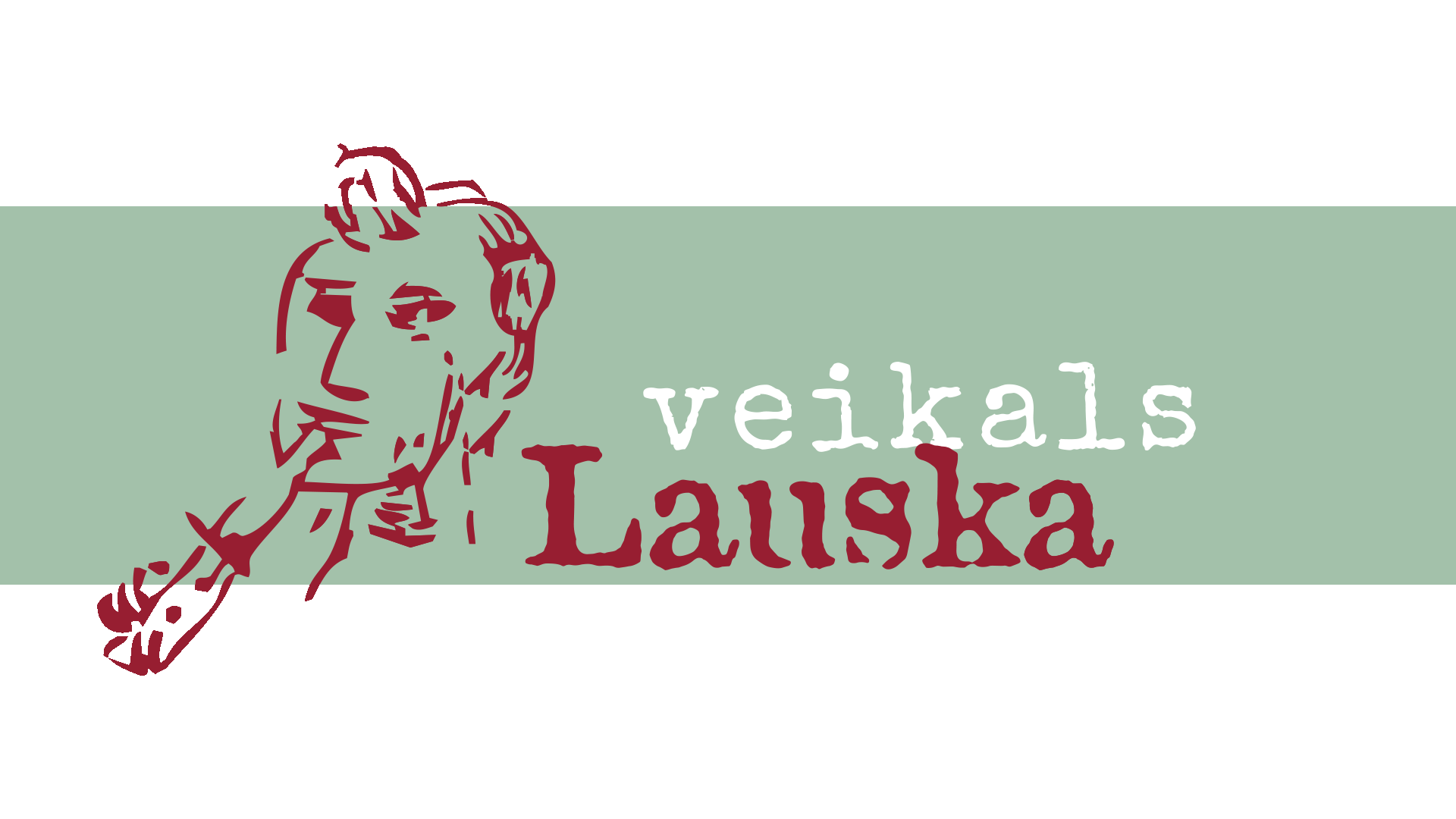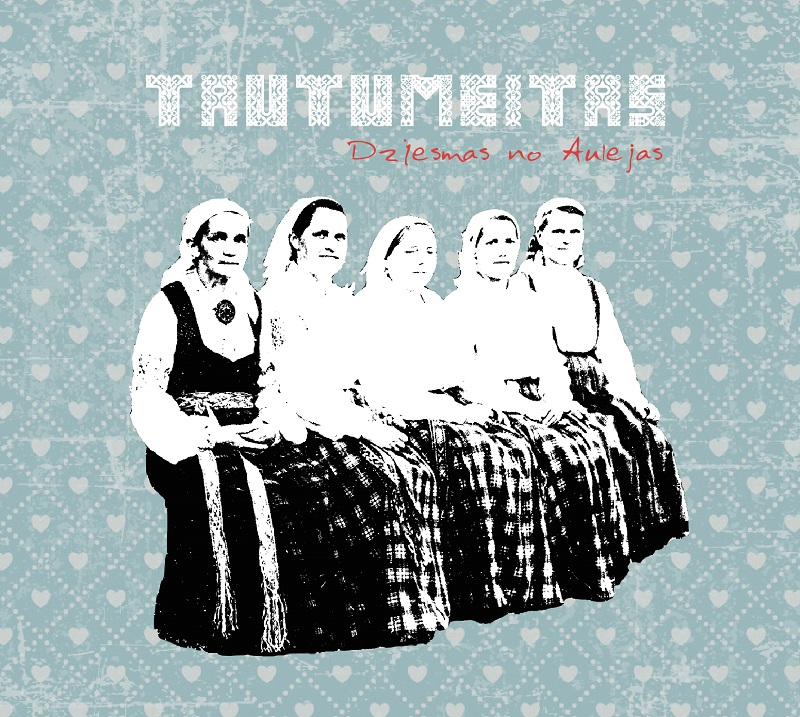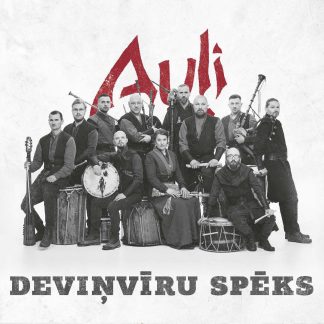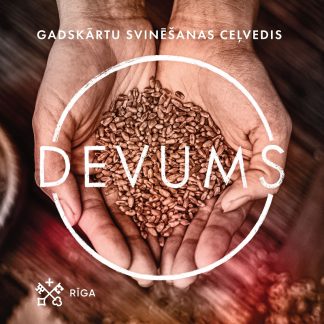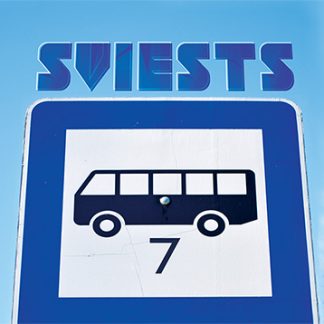Description
Auleja is a small but beautiful village in Latvia’s eastern region of Latgale where a rich heritage of folklore has been preserved. It is precisely the traditional vocal music of this area, characterised by smooth, graceful melodies and a specific style of multipart singing, that has earned particular recognition. The longevity of Auleja’s traditional music is linked to the work of the Aulejas Sievas (‘women from Auleja’) ethnographic ensemble, which is one of the oldest such ensembles in Latvia. Also of importance is the fact that the ensemble was founded by several strong, vivid personalities who were also talented singers; recordings of them provide a noteworthy example of traditional singing.
After a careful study of the recordings of these singers, the modern-day Tautumeitas (‘folk maidens’) group has adopted the traditional singing style of Auleja. The group’s understanding of this style has also been formed by the conclusions drawn by Tautumeitas initiator Asnate Rancāne during the preparation of her bachelor work “Aulejas laika bolsu stilistika” (Stylistics of Seasonal Bolsi from Auleja). This knowledge is reflected on the album Songs from Auleja. The professional interest of the members of the Tautumeitas group revolves around the study, learning and dissemination of Latvian vocal traditions to a wider audience. The group consists of six members, four of
whom have studied ethnomusicology at the Jāzeps Vītols Latvian Academy of Music. Asnate Rancāne graduated from the academy’s department of ethnomusicology in 2016 with the bachelor’s thesis “Stylistics of Seasonal Bolsi from Auleja”. As a part of her research, she conducted field work and interviews with traditional singers and other researchers of Latvian music; documented the work of the Aulejas Sievas ethnographic ensemble; collected, organised and prepared documentation of audio, video and photo materials; selected music recordings; transcribed songs; and analysed the theoretical and performance aspects of music from Auleja. Her conclusions confirmed that the local style of singing seasonal songs is unique and differs from similar traditions in Latgale and elsewhere in Latvia. As a part of the requirements for her bachelor’s degree, Rancāne organised a concert dedicated to the songs and singers of Auleja. In a way, this concert also marked the beginning of the Tautumeitas group. The main purpose of the concert was to present the results of Rancāne’s research to a broader audience in a practical rather than theoretical manner, with the songs sung by Rancāne herself and a small group of other young women. She also told the audience about some of the more exciting stories and findings from her research. The women prepared for the concert for a whole year, analysing existing recordings and experimenting with their voices to reconstruct and master the traditional Auleja vocal repertoire, purposefully avoiding various stereotypes regarding traditional singing that have accumulated in the traditional music sphere and thus arriving at new insights. The group eventually decided to record these songs in a studio, and such an opportunity arose thanks to Iveta Medene, the creator and director of the “Laika rata riti” (‘rites of the wheel of time’) radio programme, who invited Tautumeitas to record the Auleja songs in the Latvijas Radio studio with Māris Lācis as the sound engineer. These initial recordings were supplemented by a later collaboration with Tālis Timrots and released on the CD Dziesmas no Aulejas (Songs from Auleja). This album is a tribute to Auleja, to its three generations of singers and their families, and to all those involved in this research.
